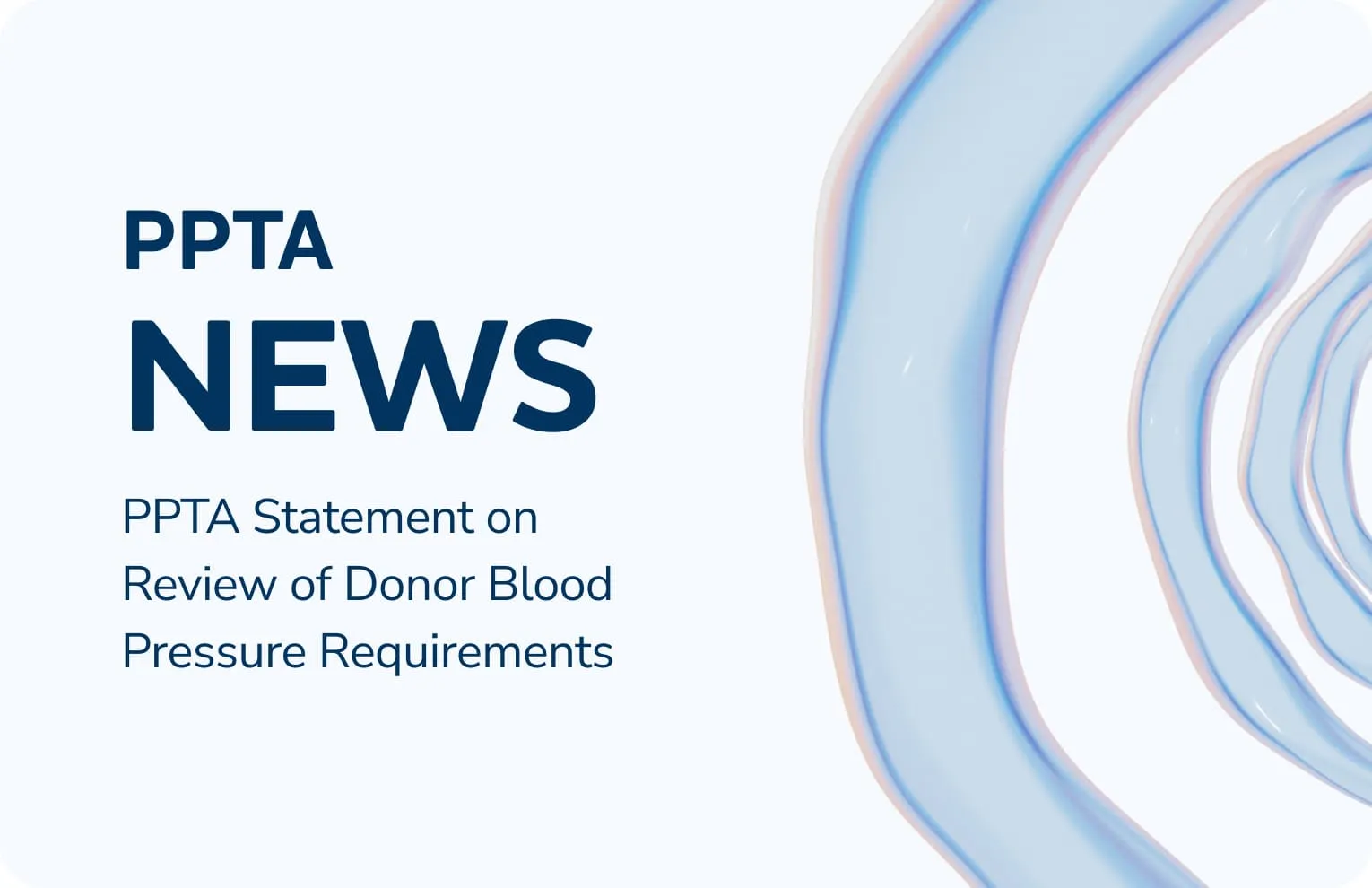PPTA welcomes the publication of the first version of the list of critical medicines in the European Union (EU) as a step to strengthen EU medicinal product supply chains. The inclusion of plasma-derived medicinal products (PDMPs) in the EU list of critical medicines demonstrates the importance of ensuring the availability of these medicines for European patients.
PPTA, therefore, recommends that future actions for critical medicines consider the uniqueness of PDMPs and address the root cause of the supply chain vulnerability for PDMPs specifically.
It’s important to note that plasma destined for the manufacturing of PDMPs is a unique starting material. It cannot be made in the laboratory. Patient access to PDMPs depends on a stable supply of plasma for fractionation. Currently, the EU relies on the U.S. for approximately 40% of its plasma for PDMPs for European patients. In order to improve EU strategic autonomy for plasma as a starting material of critical medicines, significantly more plasma needs to be collected in Europe.
PDMPs — which are derived from human plasma from healthy donors — are essential for around 300,000 European patients who rely on these therapies to treat a variety of rare, chronic, and potentially life-threatening conditions, which are often genetic in origin. Without these treatments, many patients might not survive or would have a substantially diminished quality of life. In addition, plasma-derived medicines are also used in everyday treatment, such as supportive treatment in trauma cases, liver disease, cardiac surgery, and in some cases, pregnancy complications.
Europe has a strong industrial footprint when it comes to the manufacturing of PDMPs. Therefore, PPTA would support looking at reducing regulatory barriers to ensure plasma availability in Europe, such as seeking regulatory harmonization and acceptance of inspections performed by the FDA in U.S. plasma collection facilities.
PPTA is also pleased that EMA recognized that stockpiling of certain critical medicines can further lead to shortages, rather than being a fit-for-all solution. Stockpiling would not be an appropriate measure to ensure PDMP availability — since there is only a finite availability of PDMPs — as plasma as a starting material does not have unlimited availability.
PPTA member companies are committed to ensuring an adequate supply of PDMPs for European patients. We welcome the opportunity to continue the dialogue with the European Commission, EMA, and national regulators in the process of supply chain analysis and developing measures tailored to the specificities of plasma-derived therapies development and supply.
Lastly, PPTA also looks forward to collaborating as part of the Critical Medicines Alliance and sharing our expertise, scientific evidence, and experience to strengthen the frameworks of sustainable and resilient supply chains for plasma-derived medicines.





